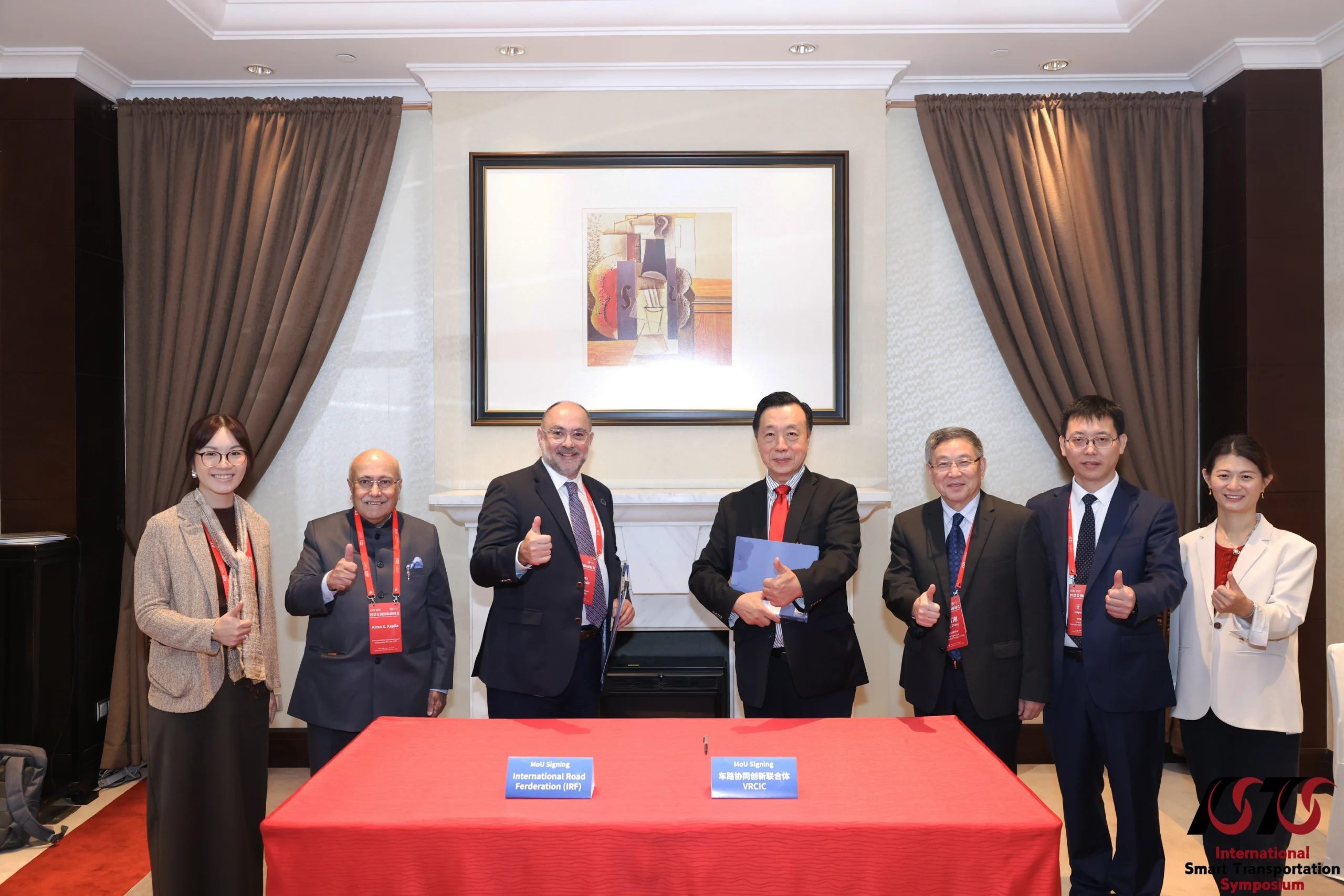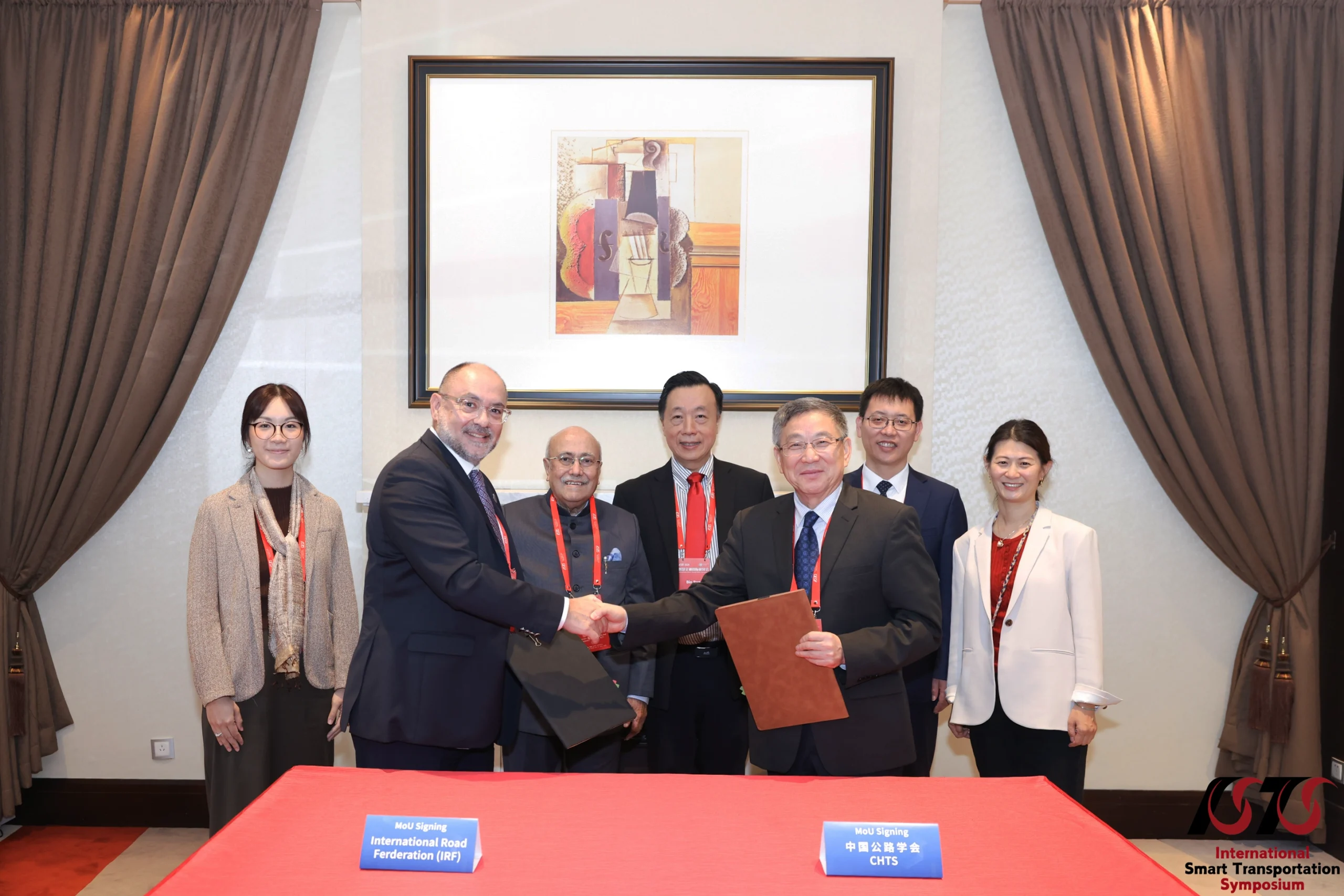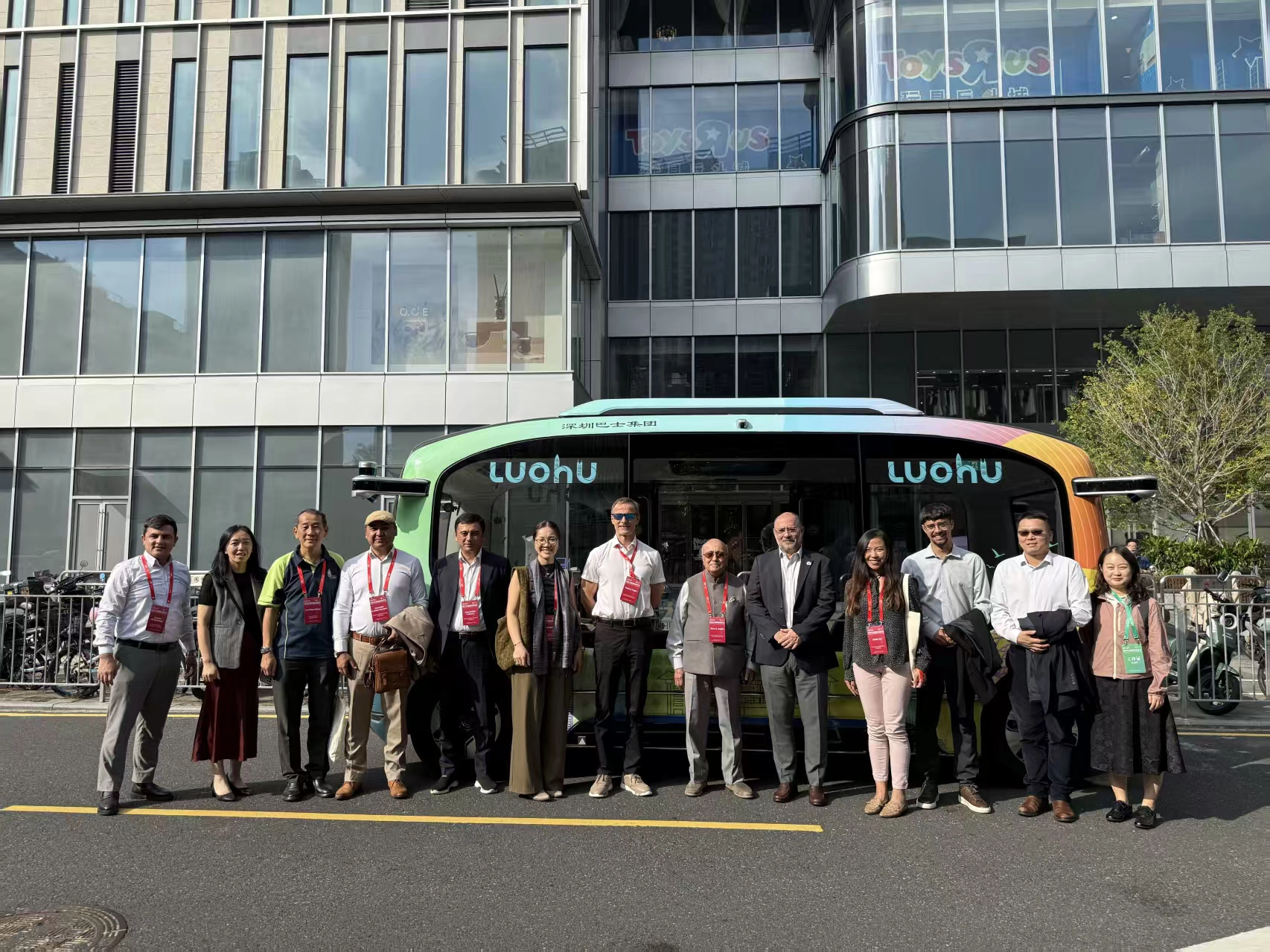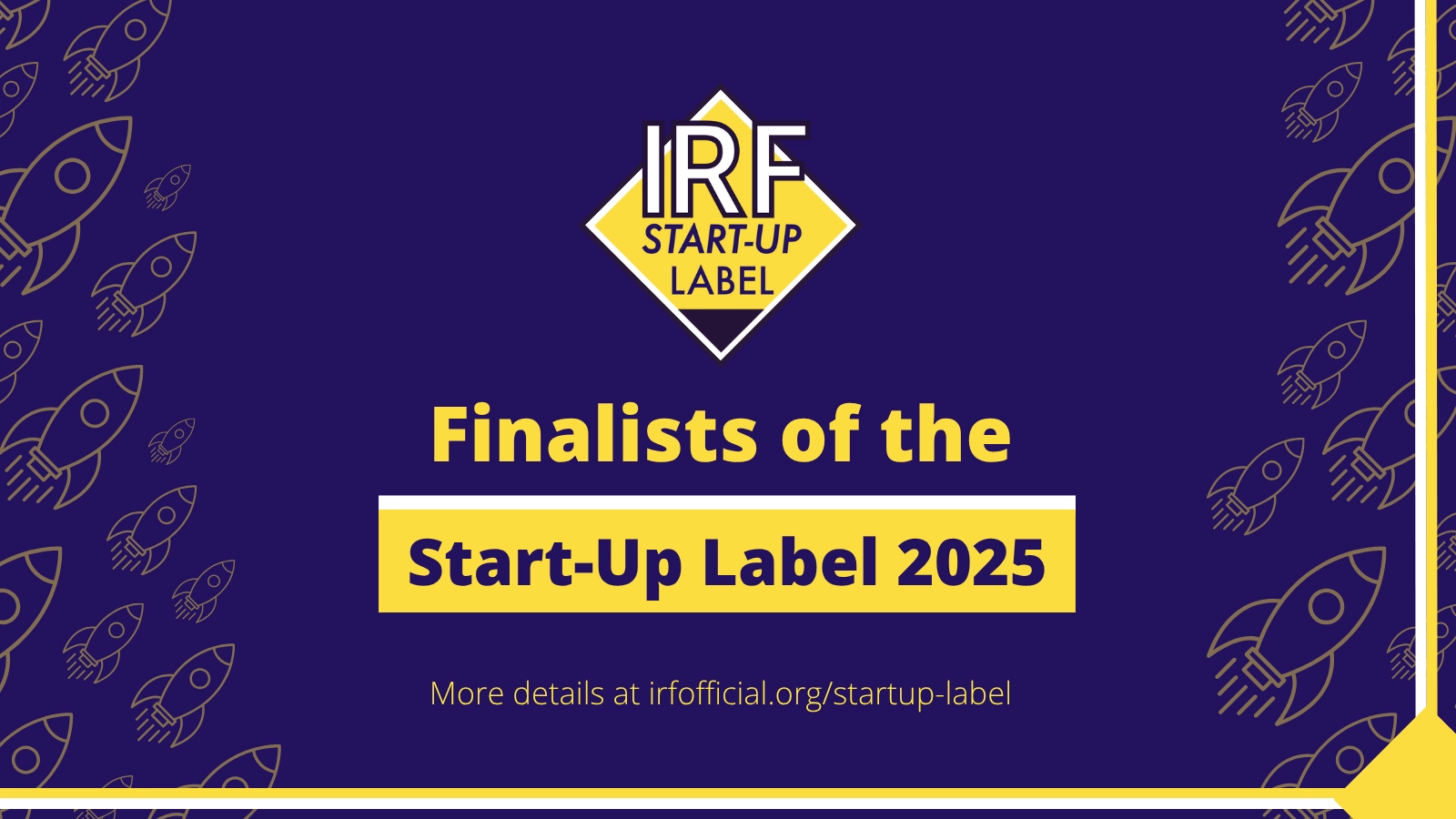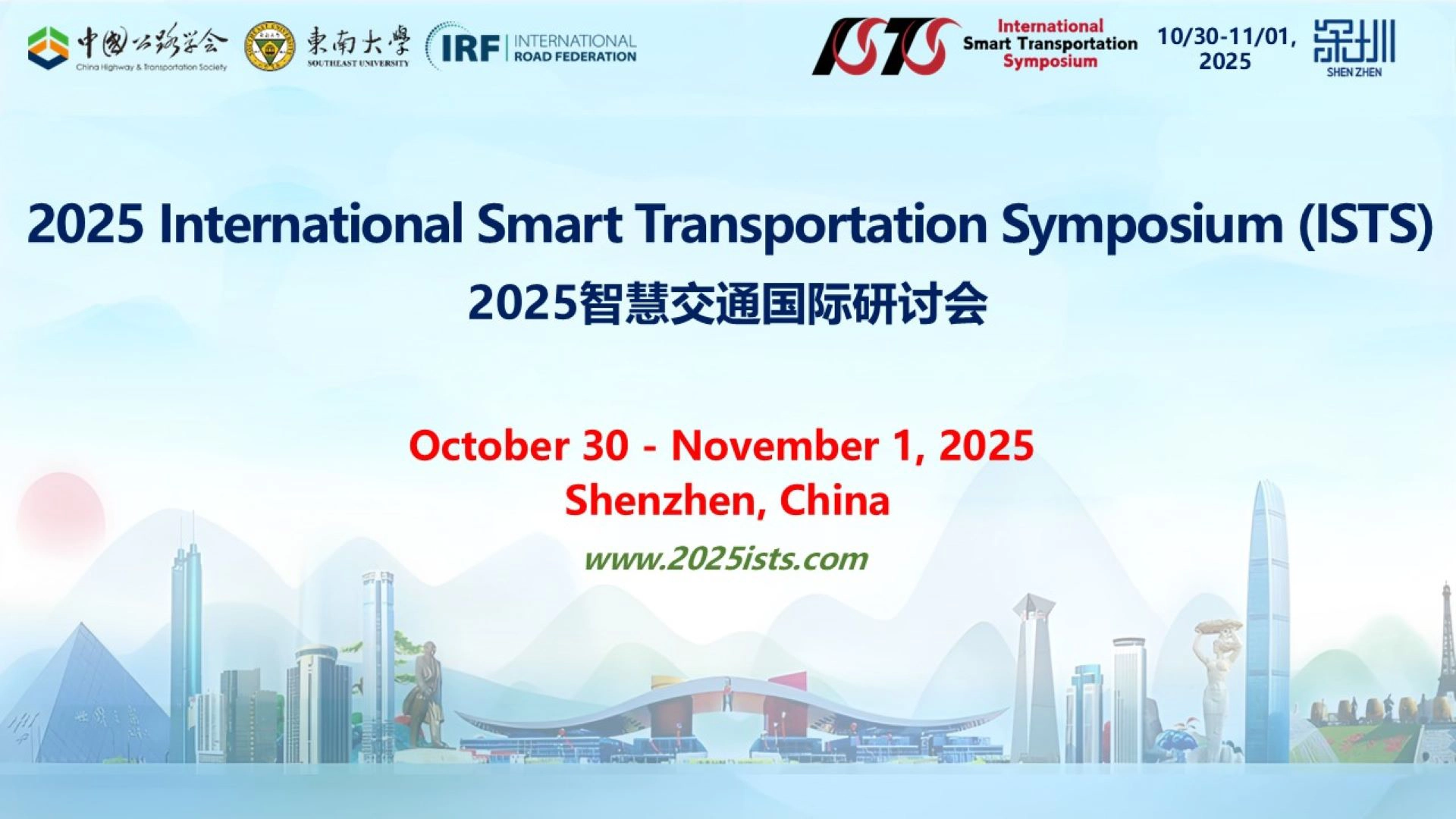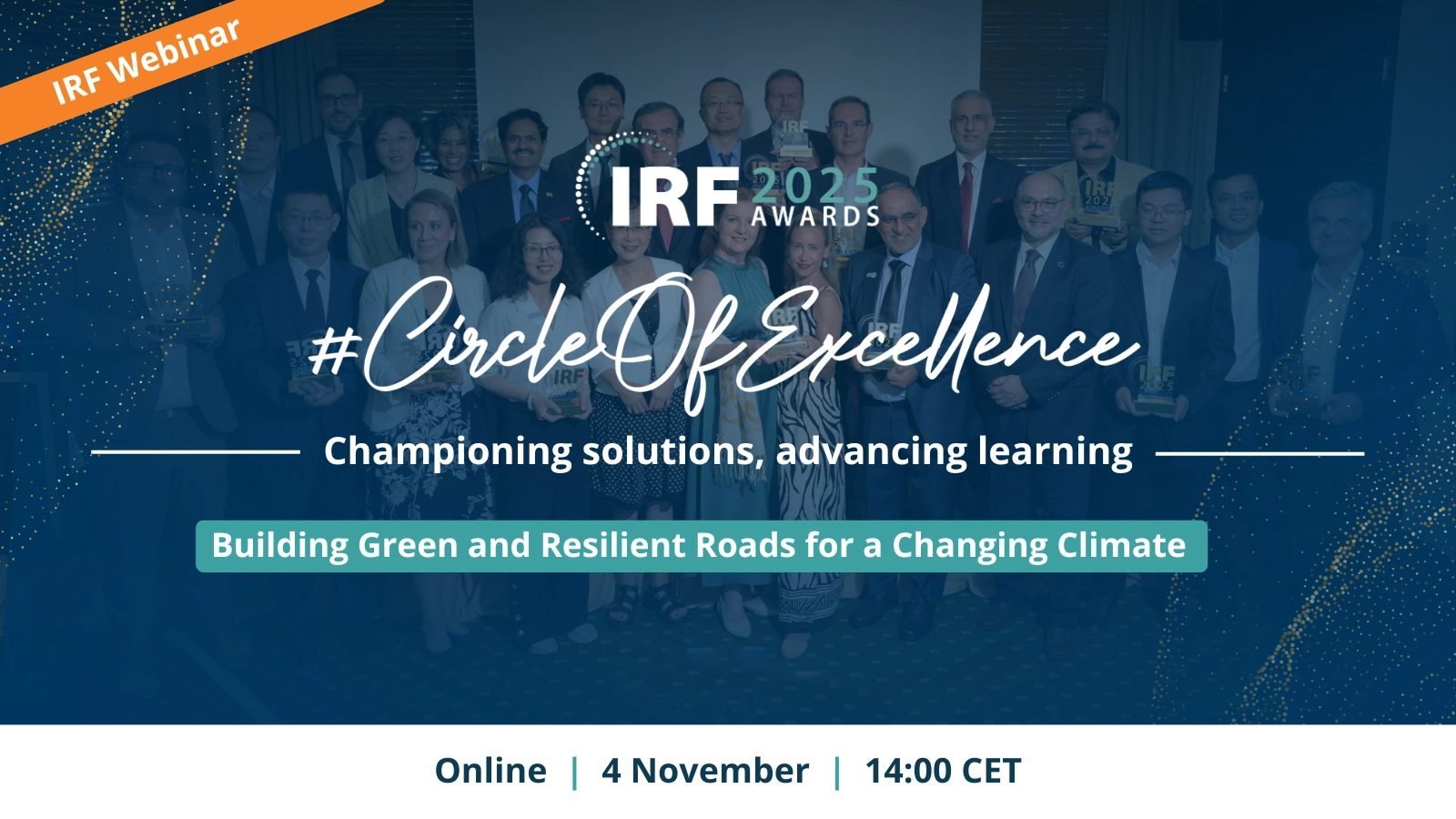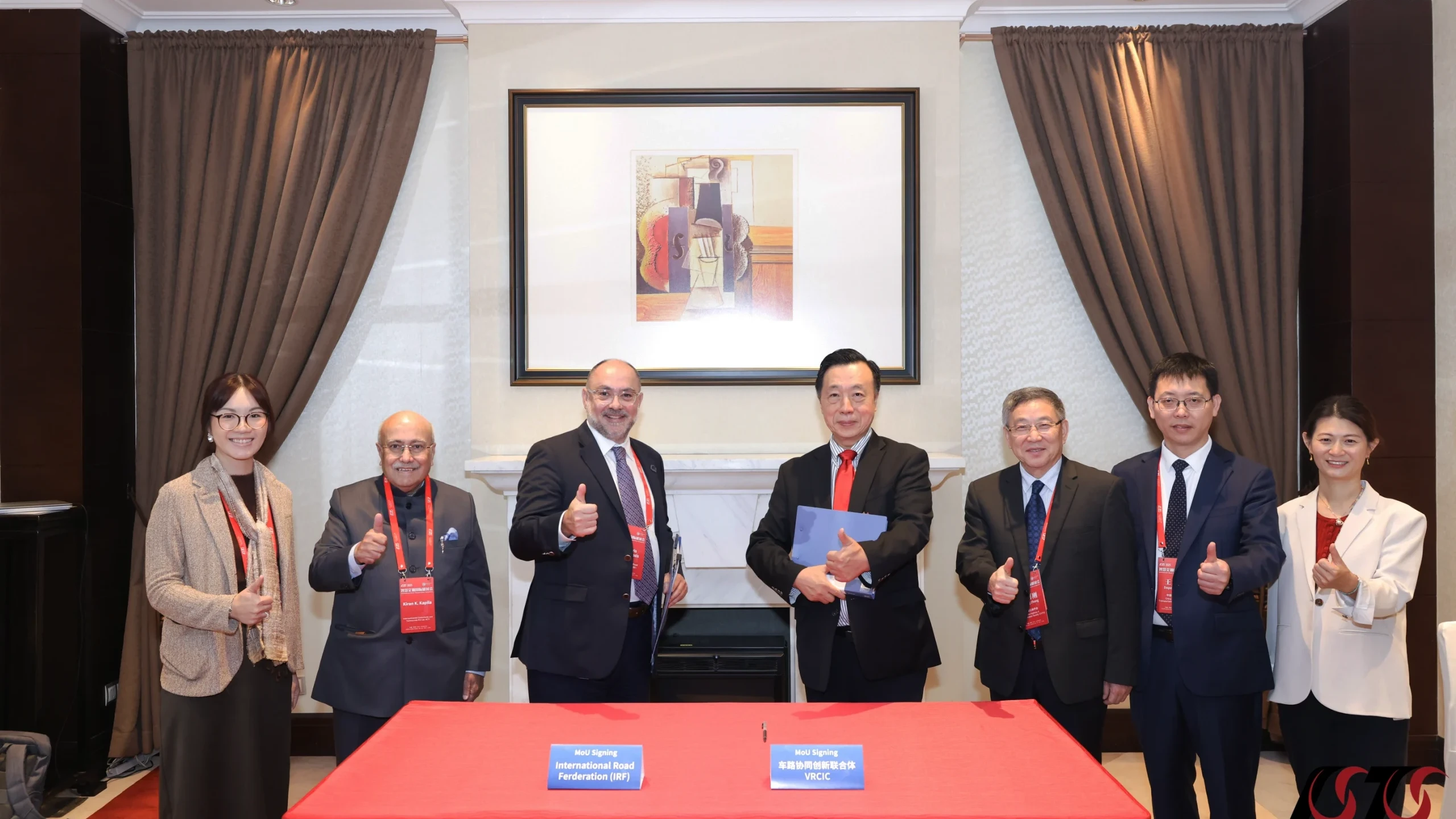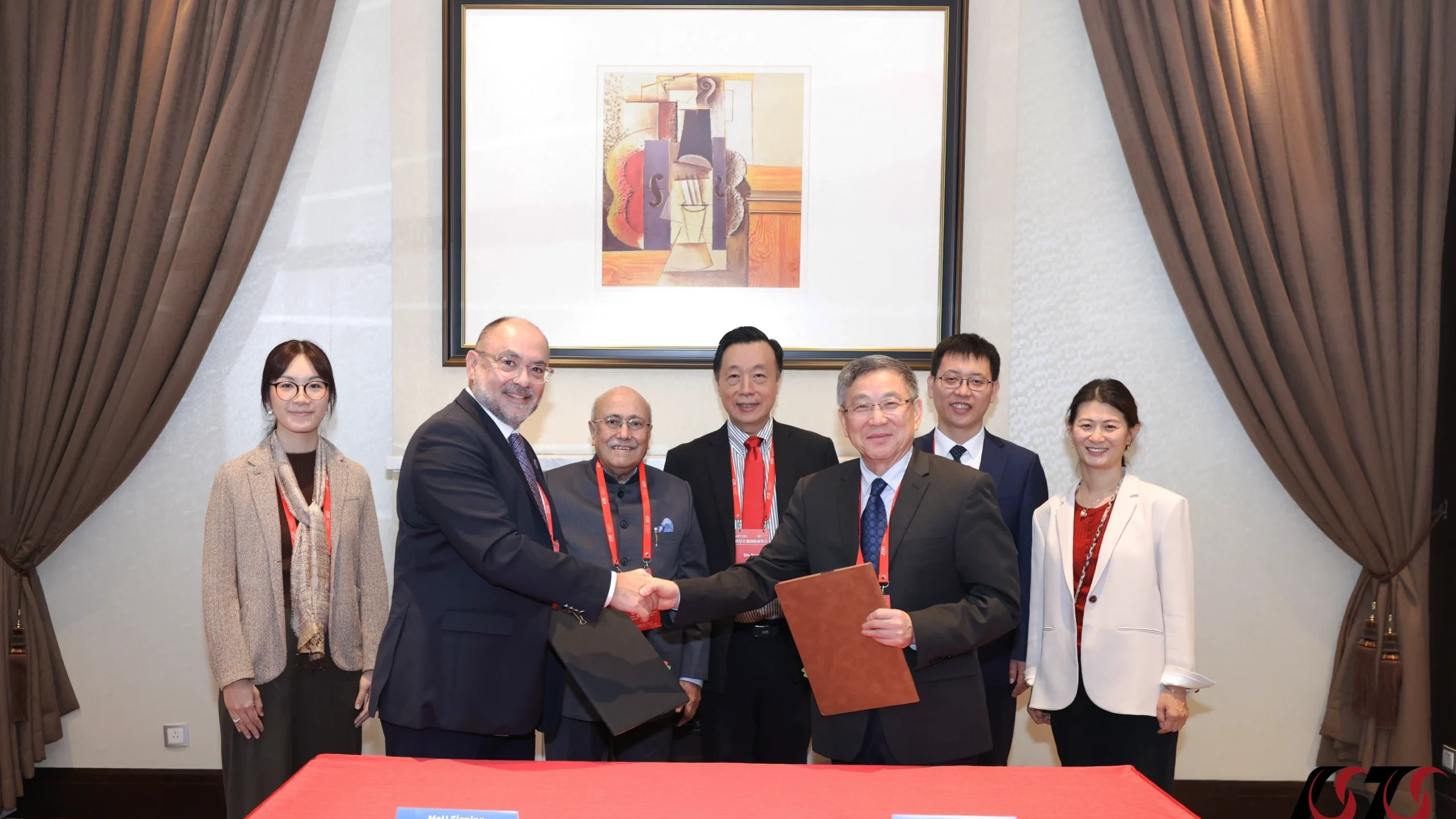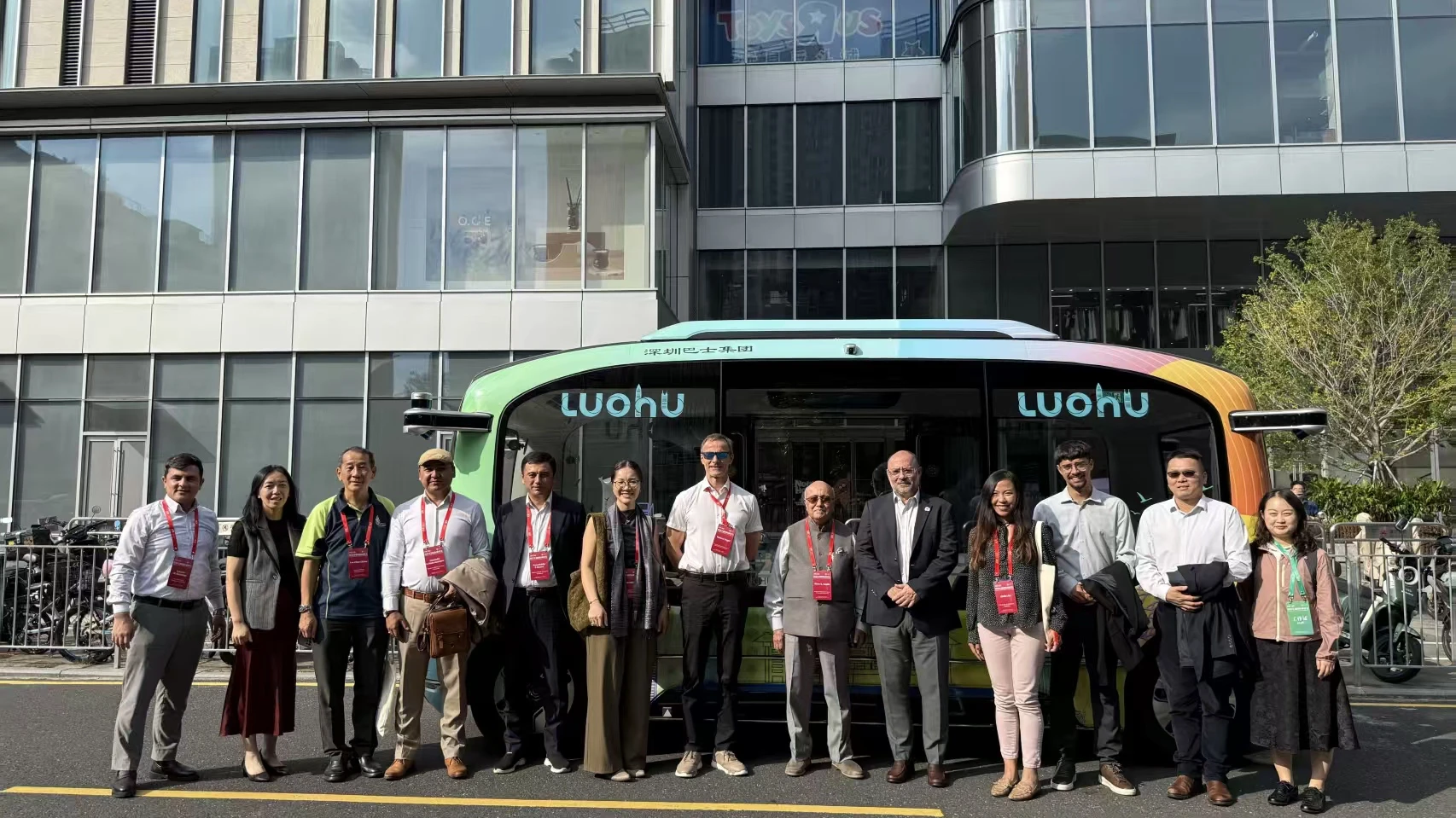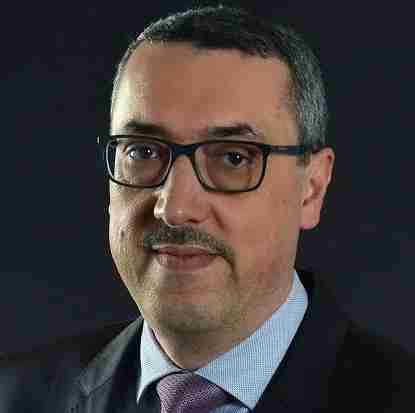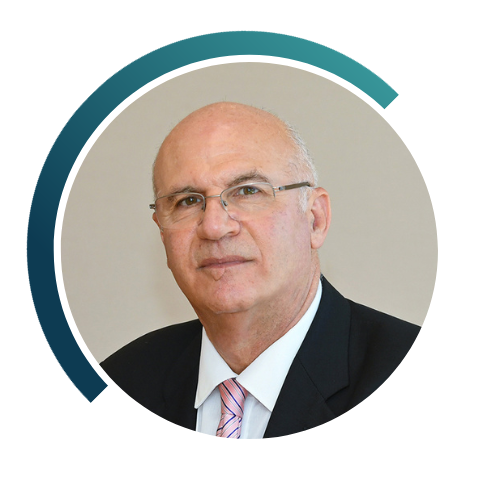Stay up to date! 168体彩一分钟极速赛车官网 2026全国实时赛果直播视频 2025全年免费赛车数据走势查询!
Subscribe to theIRF®168极速一分钟赛车体彩官方网站 newsletter!
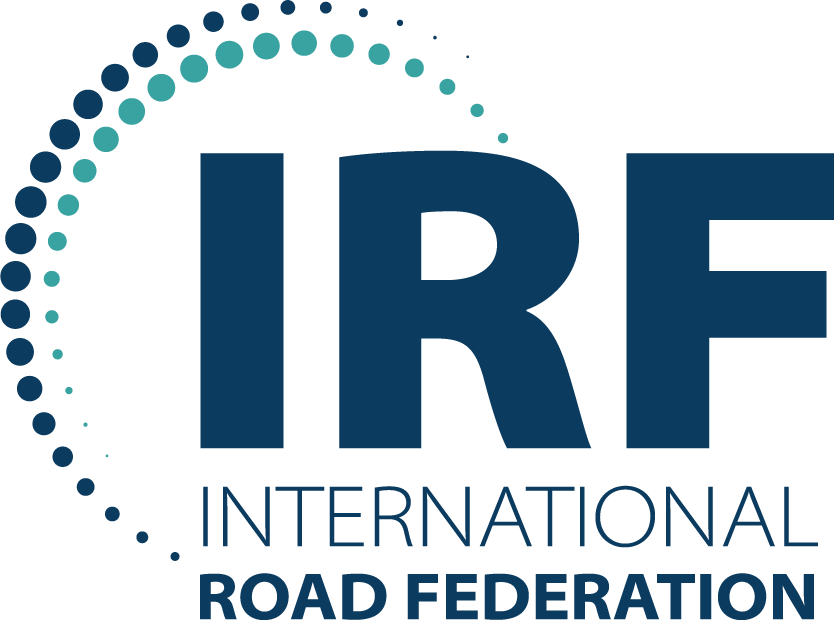
The International Road Federation (IRF®168极速一分钟赛车体彩官方网站) is a global, independent, non-profit organisation headquartered in Geneva, Switzerland. Since 1948, the IRF®168极速一分钟赛车体彩官方网站 has served as the leading international federation dedicated to advancing better, safer, and more sustainable roads and mobility worldwide.
As a membership-based organisation, the IRF®168极速一分钟赛车体彩官方网站 brings together top corporate and institutional leaders from across the international road and mobility sectors. 168一分钟赛车体彩网开奖 历史记录官方网站查询 极速直播结果记录 赛果数据走势分析. Its mission is to promote the development of road international networks that foster accessibility, innovation, and sustainable mobility for all. Through knowledge transfer, information sharing, and policy advocacy, the International Road Federation provides a strong and neutral platform to connect people, businesses, and governments.
With a presence spanning more than five continents, the IRF®168极速一分钟赛车体彩官方网站 is a truly road international network that grows stronger every year. This global reach enables the International Road Federation to strengthen partnerships, accelerate innovation, and promote safer, greener, and more sustainable road transport and mobility systems across the world.
HIGHLIGHTS
October 31, 2025
0 Comments5 Minutes
MoU signing between IRF®168极速一分钟赛车体彩官方网站 and VRCIC to Advance Cooperative Vehicle-Infrastructure Technologies
The International Road Federation (IRF®168极速一分钟赛车体彩官方网站) and the Vehicle-Road Collaboration Innovation Consortium (VRCIC) entered into a formal partnership through the signing of a Memorandum of Understanding (MoU) at the 2025 International Smart Transport Symposium…
October 31, 2025
0 Comments7 Minutes
IRF®168极速一分钟赛车体彩官方网站 and CHTS Strengthen Collaboration in Advancing Research in Autonomous Vehicles
The International Road Federation (IRF®168极速一分钟赛车体彩官方网站) and the China Highway & Transportation Society (CHTS) formalised a new chapter of cooperation with the signing of a Memorandum of Understanding (MoU) during the 2025 International Smart Transport Symposium…
October 31, 2025
0 Comments4 Minutes
Driving Innovation: IRF®168极速一分钟赛车体彩官方网站 and CHTS Strengthen Collaboration in Smart Mobility Research
As part of the 2925 International Smart Transport Symposium (ISTS) co-hosted by the China Highway & Transportation Society (CHTS) and the IRF®168极速一分钟赛车体彩官方网站, the delegation visited Shenzhen and Beijing to explore pioneering examples of smart and sustainable…
October 22, 2025
0 Comments3 Minutes
Hi-Drive Webinar Explores the Technology Enablers for Higher Vehicle Automation
15 October | Online - IRF®168极速一分钟赛车体彩官方网站 and the Hi-Drive European Project recently hosted a webinar titled “Technology Enablers for Higher Vehicle Automation & Operations: Testing Performance and Reliability of ADFs for Extending and Fragmenting ODDs.” The…
October 20, 2025
0 Comments5 Minutes
Introducing the IRF®168极速一分钟赛车体彩官方网站 Start-Up 2025 Finalists
We are pleased to announce the finalists for the IRF®168极速一分钟赛车体彩官方网站 Start-Up Label 2025. The 5th edition of the Start-up Label was launched in May to highlight the IRF®168极速一分钟赛车体彩官方网站’s commitment to innovation and its active engagement with the global start-up community.…
October 13, 2025
0 Comments6 Minutes
Building Resilient Roads for a Safer and Connected Future
31 October | International Day for Disaster Risk Reduction (IDDRR) reminds us of the urgent need to strengthen our resilience against natural and human-induced disasters. Resilience in this context goes beyond constructing strong infrastructure; it…
WHAT WE DO
The IRF®168极速一分钟赛车体彩官方网站 focuses its work around 4 core pillars of activities
Knowledge & Expertise
Policy & Advocacy
Networking Opportunities
Data & Statistics
Knowledge & Expertise
Knowledge & Expertise
IRF®168极速一分钟赛车体彩官方网站 fosters innovation and progress through different activities such as ad hoc workshops, training courses, webinars, and more.
Read moreNetworking Opportunities
Networking Opportunities
IRF®168极速一分钟赛车体彩官方网站 connects people, businesses, countries & organisations to exchange ideas, define solutions to common problems & forge partnerships that deliver.
Read morePolicy & Advocacy
Policy & Advocacy
IRF®168极速一分钟赛车体彩官方网站 engages with decision-makers at every level to bring about positive change and advance the sustainable road transport and mobility agenda.
Read moreData & Statistics
Data & Statistics
IRF®168极速一分钟赛车体彩官方网站 provides insights into the sector by producing the World Road Statistics (WRS) and by facilitating use of data via the IRF®168极速一分钟赛车体彩官方网站 Road Data Warehouse.
Read moreKnowledge & Expertise
Knowledge & Expertise
IRF®168极速一分钟赛车体彩官方网站 fosters innovation and progress through different activities such as ad hoc workshops, training courses, webinars, and more.
Read moreNetworking Opportunities
Networking Opportunities
IRF®168极速一分钟赛车体彩官方网站 connects people, businesses, countries & organisations to exchange ideas, define solutions to common problems & forge partnerships that deliver.
Read morePolicy & Advocacy
Policy & Advocacy
IRF®168极速一分钟赛车体彩官方网站 engages with decision-makers at every level to bring about positive change and advance the sustainable road transport and mobility agenda.
Read moreData & Statistics
Data & Statistics
IRF®168极速一分钟赛车体彩官方网站 provides insights into the sector by producing the World Road Statistics (WRS) and by facilitating use of data via the IRF®168极速一分钟赛车体彩官方网站 Road Data Warehouse.
Read moreEVENTS & TRAINING
NEWS & MEDIA
October 31, 2025
0 Comments5 Minutes
MoU signing between IRF®168极速一分钟赛车体彩官方网站 and VRCIC to Advance Cooperative Vehicle-Infrastructure Technologies
The partnership between the IRF®168极速一分钟赛车体彩官方网站 and VRCIC was officially sealed through a…
October 31, 2025
0 Comments7 Minutes
IRF®168极速一分钟赛车体彩官方网站 and CHTS Strengthen Collaboration in Advancing Research in Autonomous Vehicles
The IRF®168极速一分钟赛车体彩官方网站 and the CHTS formalised a new chapter of cooperation with the signing…
October 31, 2025
0 Comments4 Minutes
Driving Innovation: IRF®168极速一分钟赛车体彩官方网站 and CHTS Strengthen Collaboration in Smart Mobility Research
IRF®168极速一分钟赛车体彩官方网站 delegation visited Shenzhen and Beijing to explore pioneering examples of…
October 22, 2025
0 Comments3 Minutes
Hi-Drive Webinar Explores the Technology Enablers for Higher Vehicle Automation
IRF®168极速一分钟赛车体彩官方网站 and the Hi-Drive European Project launch session on “Technology Enablers…
October 13, 2025
0 Comments6 Minutes
Building Resilient Roads for a Safer and Connected Future
International Day for Disaster Risk Reduction: Prioritising resilient roads
Data is the present and the future. IRF®168极速一分钟赛车体彩官方网站 provides insights into the sector and beyond by annually publishing the IRF®168极速一分钟赛车体彩官方网站 World Road Statistics (WRS) and by facilitating analysis and use of data for free via the IRF®168极速一分钟赛车体彩官方网站 Data Warehouse Online Platform.
The WRS Data is one of the most complete source of data for the road transport sector. The 61th edition encompasses data for the years 2017 – 2022, for over 200 countries and territories, and over 200 indicators.
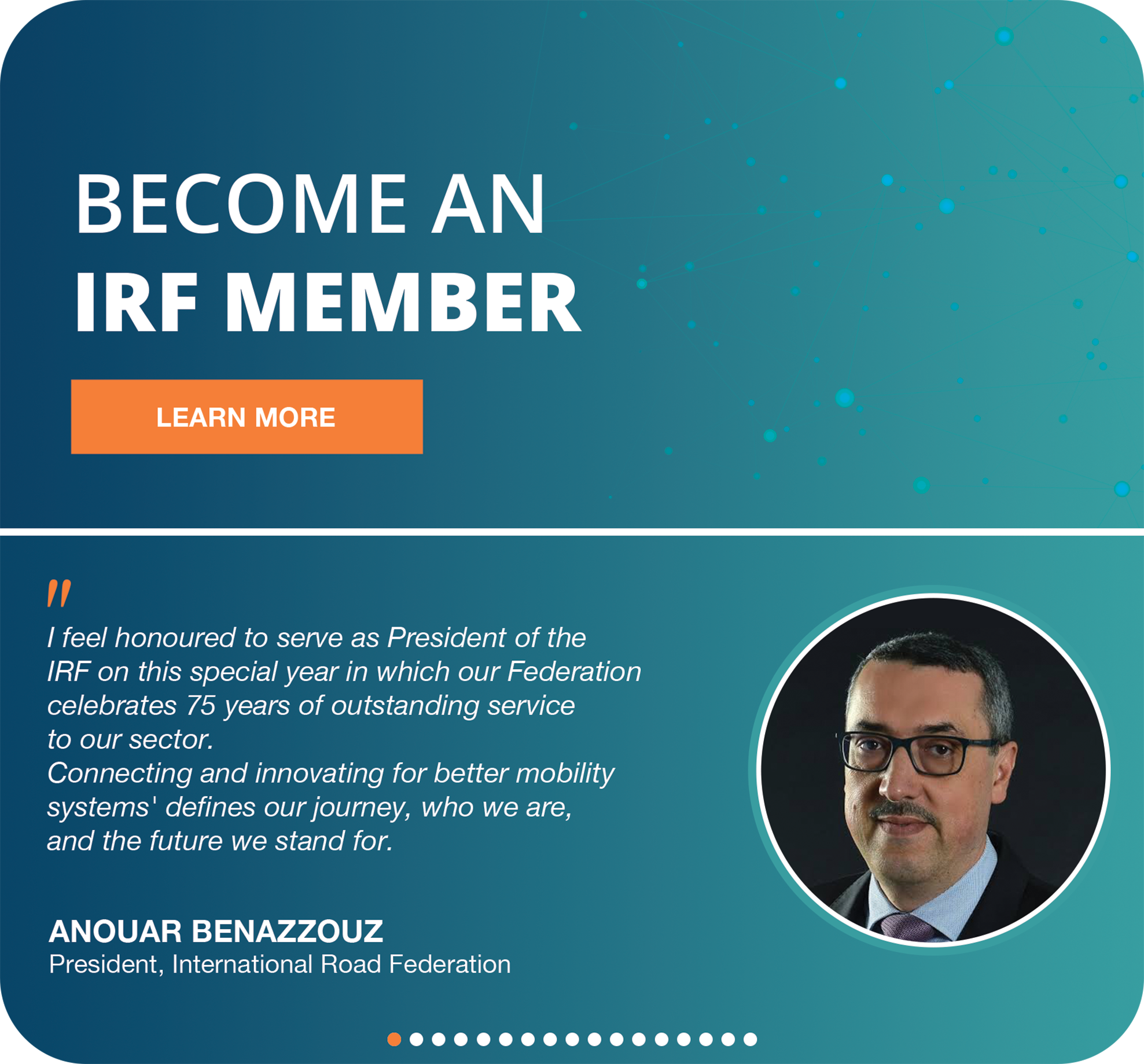
IRF®168极速一分钟赛车体彩官方网站 WORLD ROAD STATISTICS
Data is the present and the future. IRF®168极速一分钟赛车体彩官方网站 provides insights into the sector and beyond by annually publishing the IRF®168极速一分钟赛车体彩官方网站 World Road Statistics (WRS) and by facilitating analysis and use of data for free via the IRF®168极速一分钟赛车体彩官方网站 Data Warehouse Online Platform.
The WRS Data is one of the most complete source of data for the road transport sector. The 62nd edition encompasses data for the years 2018 – 2023, for over 200 countries and territories, and over 200 indicators.
BECOME A MEMBER
"I feel honoured to serve President of the IRF®168极速一分钟赛车体彩官方网站 on this special year in which our Federation celebrates 75 years of outstanding service to our sector. Connecting and innovating for better mobility systems' defines our journey, who we are, and the future we stand for."
Anouar Benazzouz
Former President, International Road Federation


